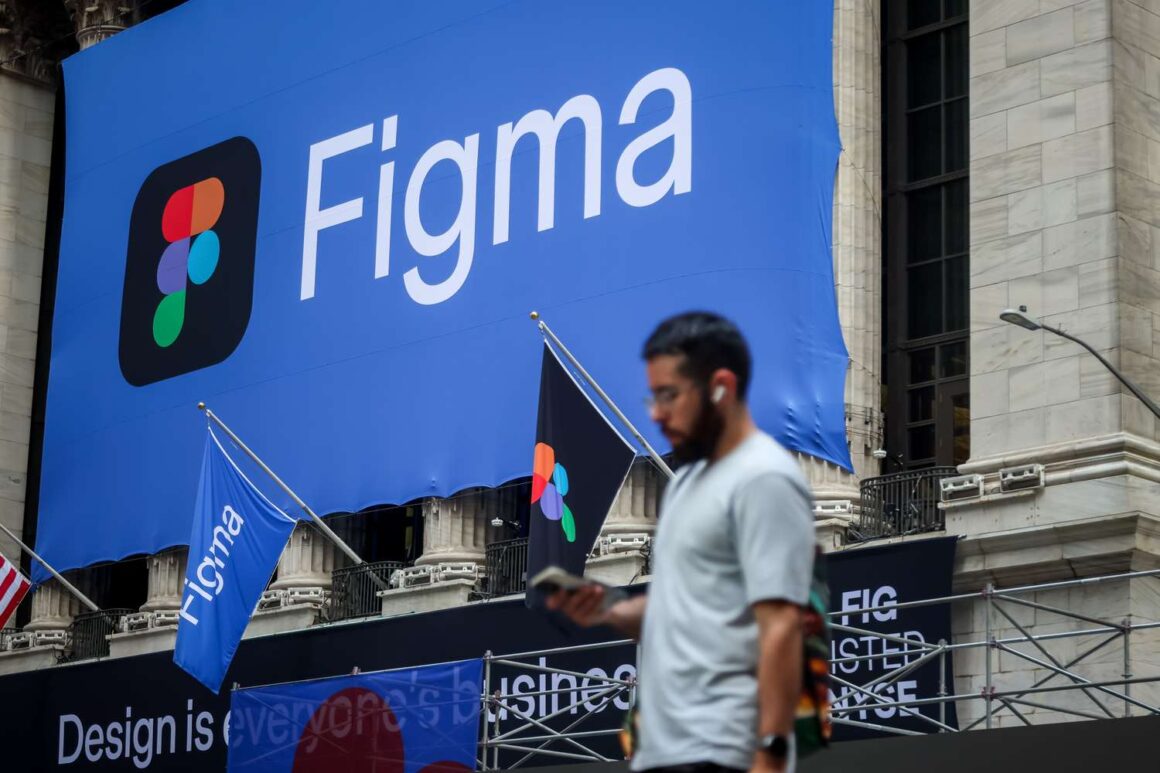On July 31, 2025, Figma made an unforgettable entrance into the public market — and in doing so, it reignited hope for the tech IPO landscape. With a debut that stunned even the most optimistic investors, Figma didn’t just go public; it went viral on Wall Street.
A Historic First Day
Figma priced its IPO at $33 per share but opened at a jaw-dropping $85. That’s a 158% jump right at the open — and the stock ended its first trading day up over 250%. With this performance, Figma instantly became one of the most successful IPO debuts in decades.
The company raised approximately $1.2 billion, and its market cap surged to nearly $70 billion by the end of Day 1 — more than tripling its previous private valuation.
A New Era for Tech IPOs?
After a long quiet period for the IPO market, especially in the tech sector, Figma’s debut has sent a strong signal: investor appetite is back. Startups and venture capitalists, who had held back amid economic uncertainty, are now eyeing the public markets with fresh enthusiasm.
Figma’s success could very well be the spark that triggers a wave of IPOs from other long-anticipated names like Canva, Databricks, and Stripe.
Huge Wins for Early Investors
Figma’s listing has delivered massive returns to its early backers. Venture capital firms, founders, and employees saw their stakes multiply overnight. It’s a moment of validation not just for the company, but for the entire early-stage tech ecosystem.
Post-IPO Reality Check
Of course, every meteoric rise comes with a moment of correction. In the days following the IPO, Figma’s stock price pulled back by over 20%, as some investors chose to lock in profits. This volatility is typical of newly listed stocks, especially those with high levels of initial excitement.
Still, the enthusiasm remains high — and Figma continues to trade well above its IPO price.
What Makes Figma Stand Out?
- Product-Led Growth: Figma’s collaborative design tools became indispensable for remote teams, growing organically through word of mouth.
- Strong Revenue Model: With both free and premium tiers, Figma appeals to startups and enterprises alike.
- Market Timing: The resurgence of SaaS and productivity tools has made companies like Figma especially attractive.
Final Thoughts
Figma’s debut is more than just a financial win — it’s a cultural shift. It represents the return of bold tech bets, the revival of investor trust, and a renewed interest in companies that combine innovation with solid fundamentals.
In a market that had gone quiet, Figma didn’t just whisper — it roared.

